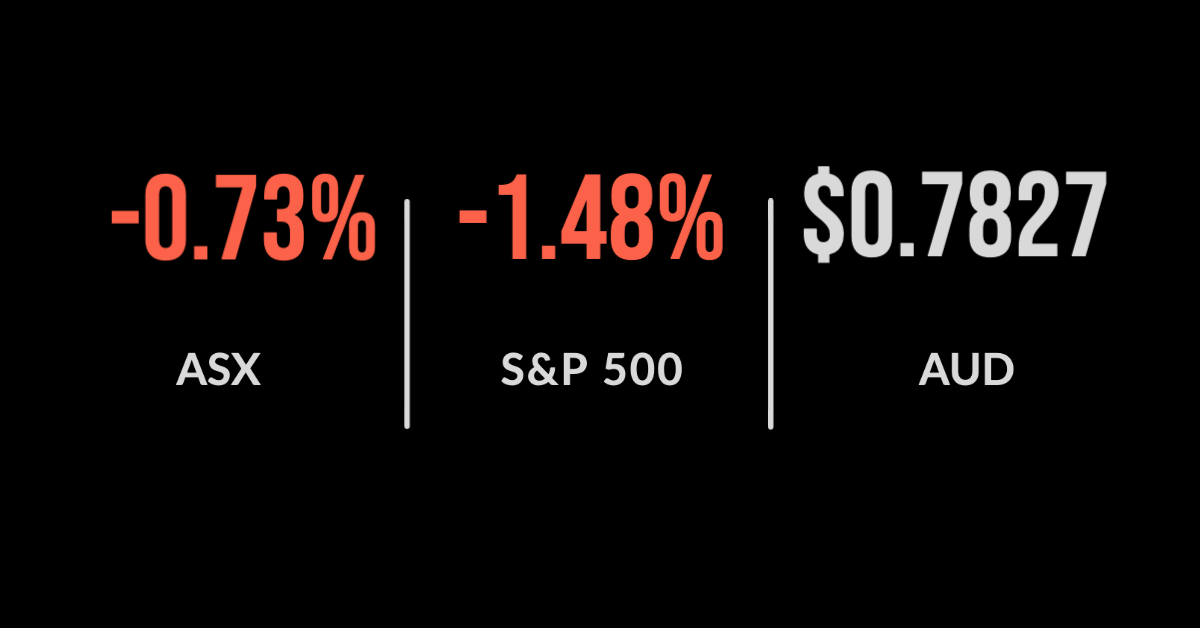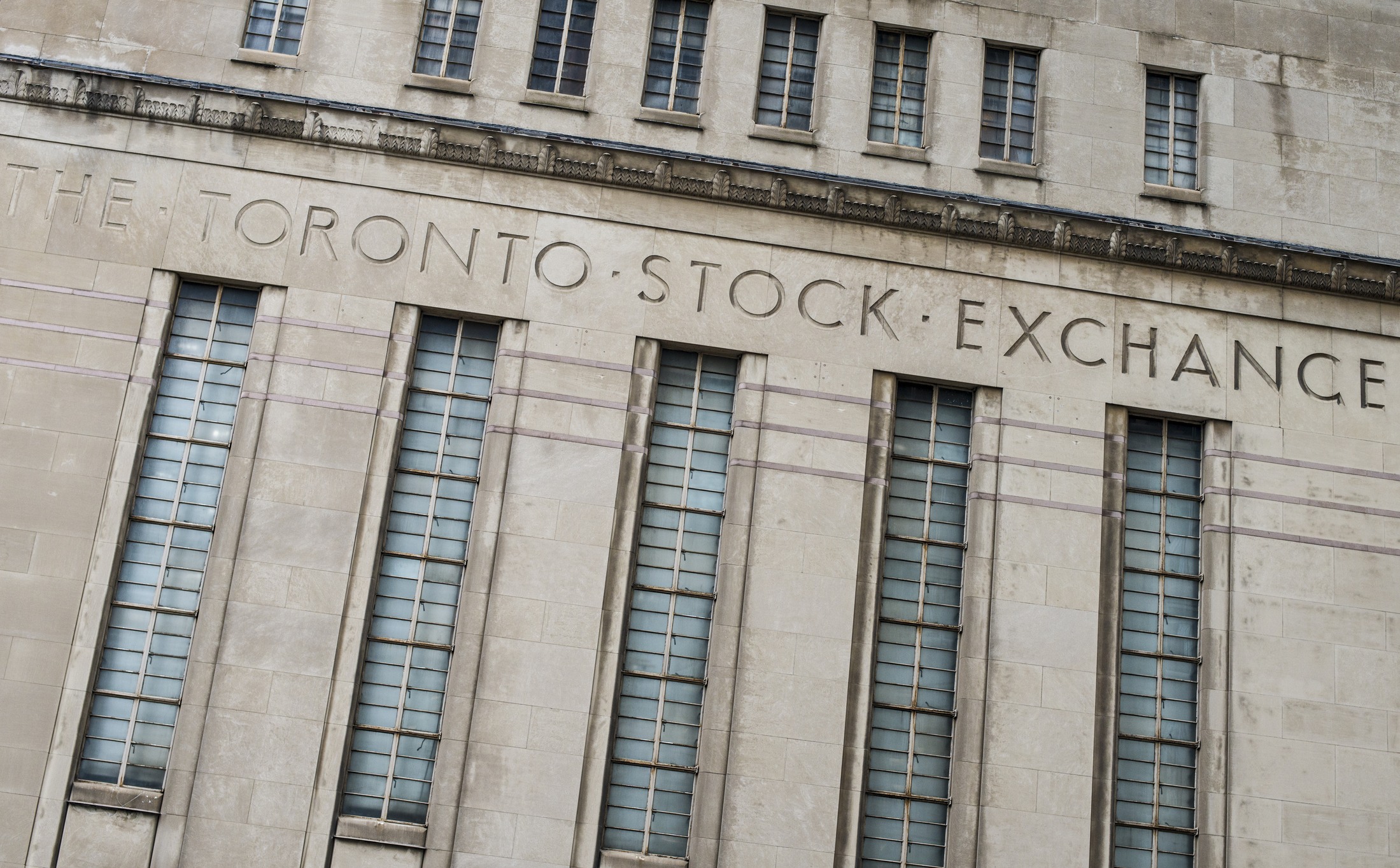ASX trades down despite positive jobs figures
ASX continues to weaken, unemployment surprises, NZ nearing second recession
The ASX200 (ASX:XJO) finished another 0.7% lower on Thursday, with every sector but miners and retailers falling.
Amongst the biggest detractors were the Commonwealth Bank (ASX:CBA) and CSL Ltd (ASX:CSL), down 1.6% and 1.9% respectively.
The sell-off came despite what appears to be great news for the economy; the unemployment rate falling to 5.8% from 6.3%.
According to the initial release, some 88,700 jobs were gain with the participation rate remaining steady.
The result has clearly caught consensus economists off guard with most predicting a slight improvement to just 6.3%, highlighting the disconnect with the real economy.
Sticking with economic news, the cost of strict lockdowns appears to have impacted the New Zealand economy with an unexpected contraction of 1.0% in the December quarter, setting the economy up for a second recession in 2021.
The Reserve Bank of New Zealand apparently predicted a 0.2% gain, but closed borders have impacted the country’s export driven economy which relies significantly on perishable goods.
Westfield (ASX:URW) asset sales continue, gold miners running, Platinum (ASX:PTM) jumps
Positive unemployment news sent the Australian bond rate and with it the AUD higher, hitting 78 cents once again, placing pressure on Australia’s export companies.
Investors appear to be concerned about inflation, with the likes of gold miner Silverlake Resources (ASX:SLR) leading the market, up 8.0% today.
Cleanaway’s (ASX:CWY) planned acquisition of Suez’s Australian businesses has encountered its first hurdle, with their biggest competitor Veolia launching legal proceedings in France in an effort to stop the purchase. The company is involved in its own takeover bid for Suez; shares fell 3.0%.
Property giant Unibail-Rodamco-Westfield, which owns the European Westfield assets continued its EUR$4 billion asset sales as management seek to reduce their debt burden, disposing of $327.3 million in French office properties.
Qantas (ASX:QAN) shares fell 0.7% in the broader sell-off despite the Federal Government announcing a JobKeeper like payment for airline workers of $500 per week.
Whilst badly needed due to border closures, a number of sectors including hospitality are crying out for similar support post 31 March.
US markets fall on inflation threat, stimulus heading to travel, oil price tank on vaccine rollout
US markets fell once again following the Federal Reserve comments, with the bond rate moving higher as investors prepare for an inflationary outbreak.
The Nasdaq felt the brunt of the selling pressure falling 3.0%, with the S&P500 down 1.5%, and the Dow Jones 0.5%.
One issue regularly forgotten in the value vs growth debate is the fact that value tends to include more cyclical sectors including energy and materials, which are inherently more volatile.
According to analysts in the country, the latest stimulus cheques totalling some US$500 billion are now likely to end up being spent on travel, rather than gaming or daytrading as they were during the middle of the lockdown.
This bodes well for the likes of Walt Disney (NYSE:DIS) and their slowly reopening theme parks (I hold shares in DIS).
The oil price fell 7% sending energy companies sharply lower on dual concerns about growing rhetoric between the US and Russia along with recent vaccine rollout issues.
President Biden was quoted as calling Vladimir Putin a ‘killer’, commencing a tit-for-tat commentary, they may see the Russian place pressure on US shale producers.
Similarly, issues with the vaccine and limited supply mean that travel is unlikely to recover as quickly as expected.







